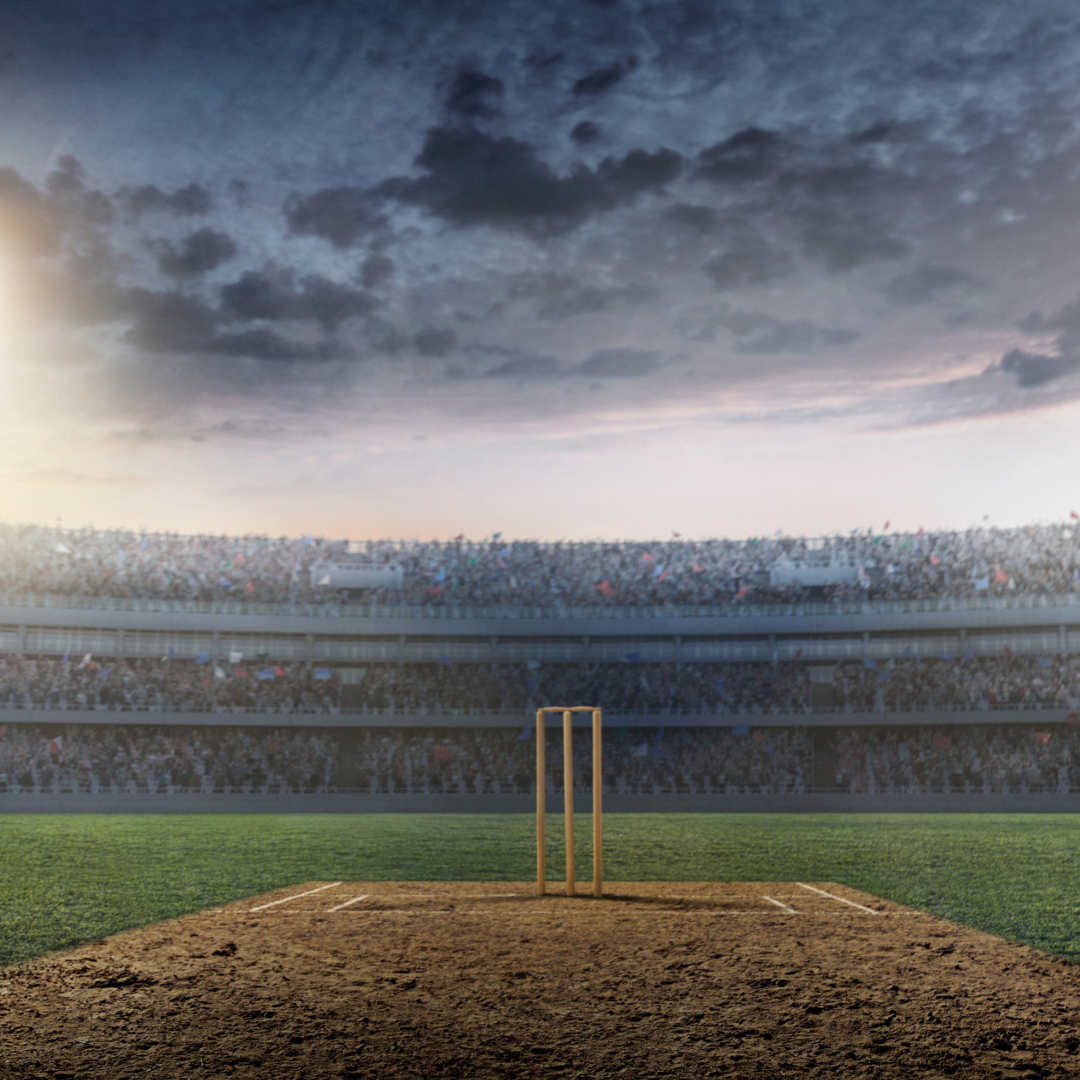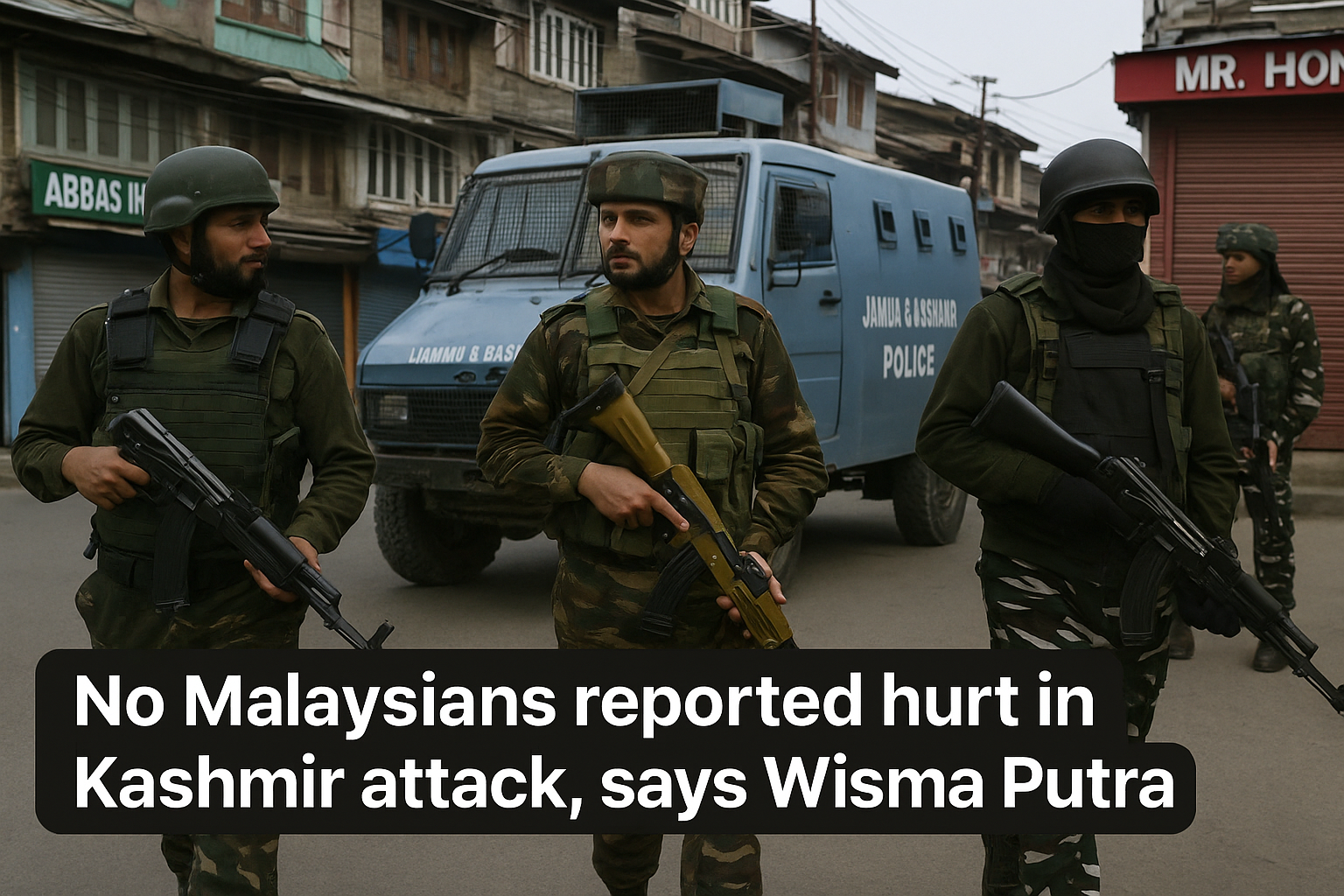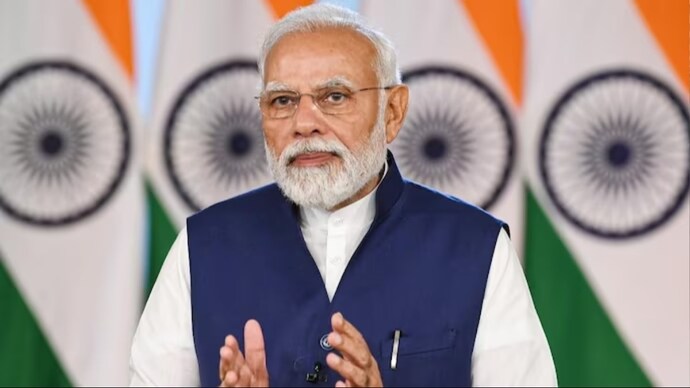In the wake of a devastating attack that shook the serene valleys of Pahalgam, India and Pakistan have once again found themselves on the edge—trading not only accusations but also gunfire across the heavily militarized Line of Control (LoC) in disputed Kashmir.
What began as a peaceful day in the picturesque mountain town turned into a nightmare when gunmen opened fire, killing 26 innocent civilians—families on holiday, children laughing one moment, silenced the next. The pain is still raw, and the shock lingers like smoke after a fire. It was the deadliest attack on civilians in the region in over 25 years, prompting outrage, mourning, and now, dangerously heightened diplomatic tensions.
As grief turns to anger, Indian Prime Minister Narendra Modi took a hard stance: “We will identify, track, and punish every terrorist and their backer.” His voice, steely with resolve, echoed across the nation. But across the border, Pakistan’s leadership pushed back, rejecting any link to the attack and calling India’s accusations “frivolous.”
In response to the assault, India suspended a long-standing water-sharing treaty, closed border crossings, and revoked diplomatic privileges. Pakistan followed suit, expelling Indian envoys and warning that any tampering with water flows would be considered an “act of war.”
Caught in the middle of this geopolitical storm are ordinary Kashmiris—tired, frightened, and praying for peace. A Pakistani official confirmed overnight firing along the LoC but noted that civilians were spared. Still, the air is thick with anxiety.
UN Secretary-General António Guterres, through his spokesperson, urged both nations to “exercise maximum restraint” and seek resolution through dialogue—not destruction.
But as both militaries posture and prepare, and as nationalist rhetoric heats up, the human cost is already unbearable. Students from Kashmir are reporting harassment in Indian cities. Families in Pahalgam are burying loved ones. And the region, once again, stands at the edge of something tragic.
In moments like this, diplomacy isn’t just preferred—it’s essential. The world watches, hoping that sanity, humanity, and empathy will prevail where bullets and blame have already left their mark.
Do you think peace is still possible in Kashmir’s story?




